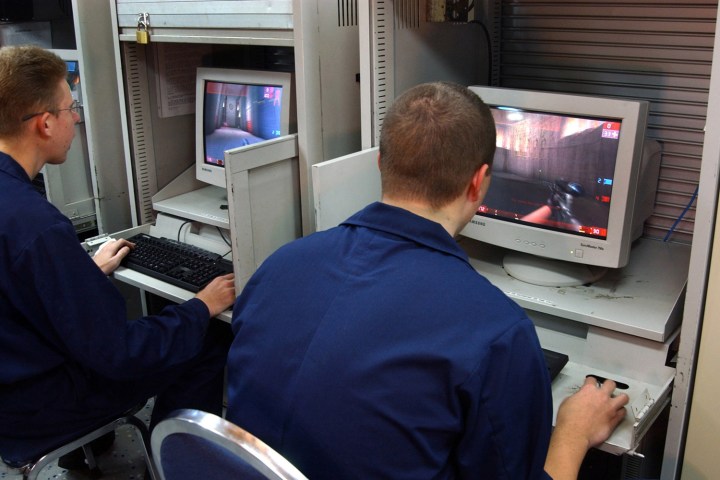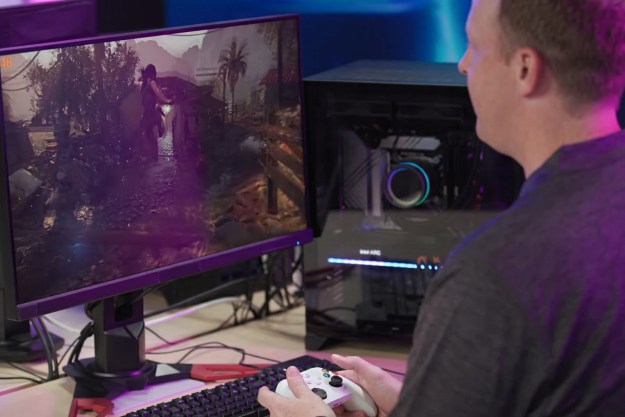
Services like MPlayer.com acted as a proxy for that sort of interaction, allowing players to find new opponents in games like Quake, Diablo, and Command and Conquer, as well as discuss strategies and releases, watch other players, and play classic games against other members of the community. The company bolstered its offerings with classic games like chess and checkers, as well as building a community of players attached to those free games. Although subscription-based at first, MPlayer began to shift more of its services to ad-supported, which quickly expanded the player base.
The more modern equivalent to MPlayer is GameSpy, the online gaming service that was responsible for running online matchmaking for a number of popular games like the Star Wars Battlefront series and Halo: Combat Evolved for PC. GameSpy actually purchased MPlayer and folded in the technology, but was shuttered in 2013 anyway.
While details are still scarce, it would appear the service is once again set to launch after the remaining tech was sold to an ad network called 4anything.com. MPlayer’s website now features a countdown to a live stream showing off the new network’s capabilities that will start at 3 p.m. ET on Nov. 14.
Editors' Recommendations
- What’s free on the Epic Games Store right now?
- The best cozy games
- The best Fallout 4 mods
- This satisfying $7 mobile puzzle game is money well spent
- If you love Amazon’s Fallout, play the series’ best games on Game Pass and PS Plus next



